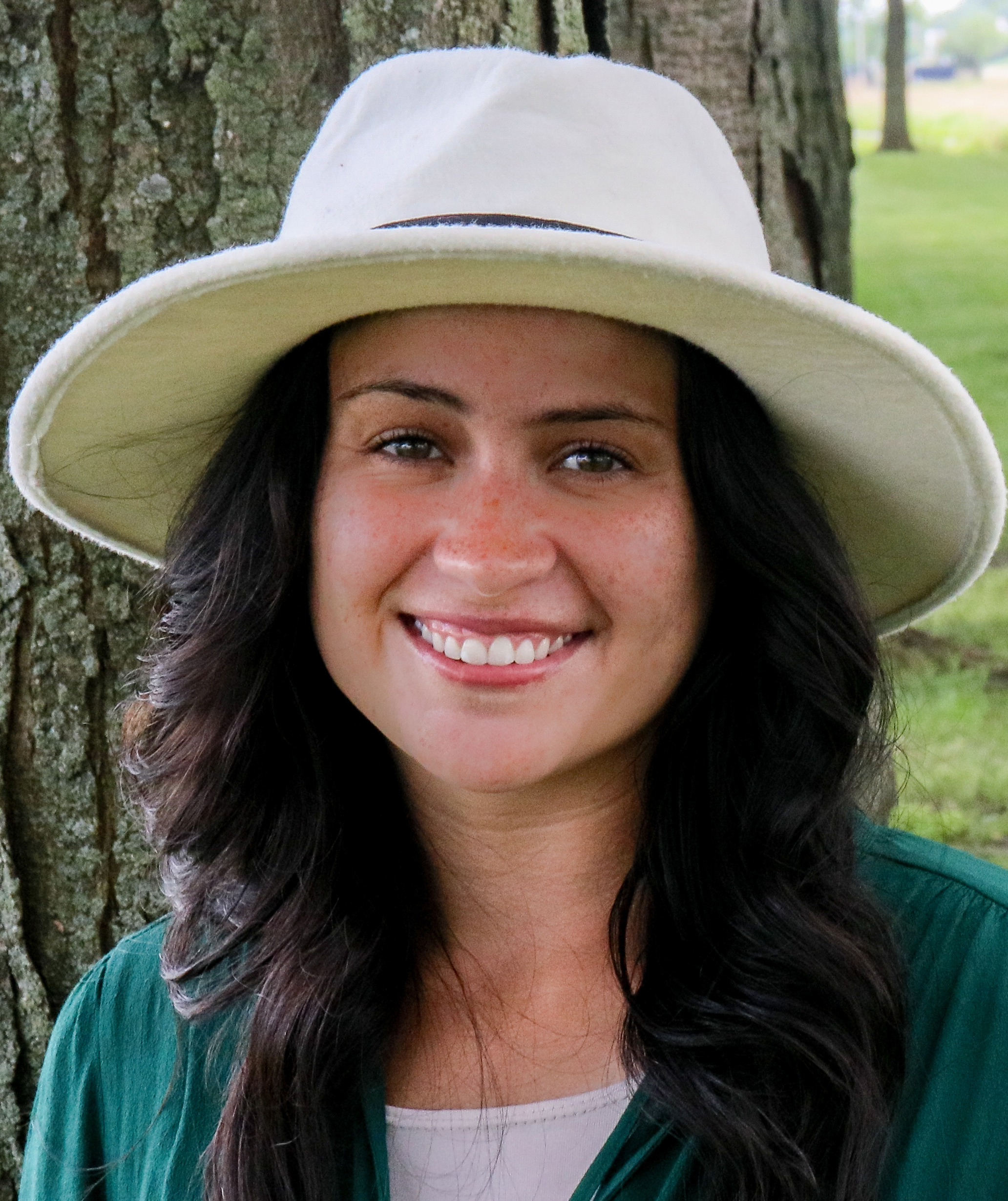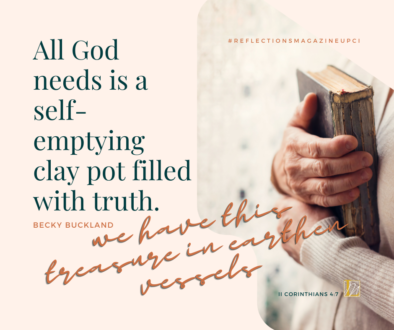There’s an old proverb that says, “If you do not know about a problem, you will not be able to make yourself unhappy by worrying about it.” In conjunction with that simple truth, I can say with clearness that at the beginning of 2020, my husband and I had little to worry about. That is not to say our lives were anywhere near perfect, but rather it reflects the goodness of God and how He has continuously blessed our marriage.
However, we weren’t far into 2020 when we faced the greatest trial of our lives, one that nearly took the life of my husband. For us, daytime turned into nighttime, and the night seemed like it would never end. Nevertheless, we both can look back now and declare as we always have what the psalmist said in Psalm 113:3, “From the rising of the sun unto the going down of the same the Lord’s name is to be praised.” Here is our story.
On the morning of Monday, March 23, my husband awoke from a deep sleep noticeably distressed and fatigued. He was sweating like someone who had been trapped in a sauna for hours. The day started out unusual for me as well; I was unable to taste or smell my breakfast. Initially we assumed his fever and my unusual symptoms were due to allergies or possibly a sinus infection. But as the day went by, it became apparent that the illness was something more. Andrew was extremely weak, had absolutely no appetite (which never happens), and was struggling to keep down fluids. As the week continued, we began to notice that people we had been around in recent days were posting to social media that they had contracted the novel coronavirus everyone was talking about, COVID-19. That is when it began to sink in that we may have contracted the virus.
By Friday, March 27, my symptoms were much the same while my husband’s had progressively gotten worse. He had begun to cough up blood, hallucinate, talk nonsensically, and breathe short shallow breaths. The next morning, we called our doctor to inquire about COVID-19 testing, only to learn he was not eligible to be tested due to his young age and the fact he had no chronic health conditions. At this point, Andrew told me he felt like he was dying so my mother-in-law and I rushed him to the emergency room (ER).
Upon arriving at the hospital, we dropped off Andrew and had to watch him walk into the ER by himself. Not knowing what was going to happen next, we both sat in the car and cried for the next few hours as we waited for an update. Andrew was eventually admitted into the hospital. I talked to him by phone (as much as he physically able) to keep him company and to soothe my anxiety of leaving him there. Later that night, I received a call that Andrew needed further care and was being moved to the COVID ICU area where he would continue to fight to breathe through the weekend.
Fast forward to Monday, March 30. Andrew sent me a text saying he was tired and was being put on a ventilator. Even though I knew this would be the best option to help his body heal, this decision meant I couldn’t talk to him, see him, text him, or hear his voice. We spoke for as long as was allowed … and then complete silence.
After Andrew was sedated, I felt so alone. Fear and anxiety ran rampant; my tears never stopped. How did we get here? How did this go from a virus we’d heard about to my husband on a life-support machine? My mindset was so frantic that I didn’t know what to do! My prayers were just tears, but I knew God understood.
Eventually, my moments of prayer and connection to God changed. For the first few days, I cried many tears and said few words. When I could finally voice my prayers, they were solely focused on me, that I needed my husband home. My mindset finally shifted, and my prayers became those of thanksgiving that God was choosing to use my husband for His glory.
A single phone number and talking to strangers on ten-minute calls three times a day were the only connection I had to my husband during those seven days he was unconscious and on a ventilator. Limited knowledge of the virus and what damage had been done to his body quickly became a waiting game to see how he responded to treatment. Prayer is what I depended on—prayers from family, friends, and strangers all over the world. There became a bond to the people of the body of Christ that was so humbling to me. There were fervent prayers going up for my husband and our situation!
On April 6, the physicians decided to perform a spontaneous breathing test while Andrew was on the ventilator. He failed so terribly that they had to adjust his vent settings higher than they had yet been. The phone call that night shattered my heart, hearing the doctor tell us Andrew had a less than 50 percent chance to come off the ventilator. Our household immediately went to prayer, filling every room with loud voices calling out to God. That is when the miracle began to take place. Throughout that night, God touched Andrew’s body, which was evident because his breathing and overall vitals dramatically improved. Only two days later, I received a FaceTime call from the hospital, and there was my husband—waking up, blowing me kisses, and speaking to me in a raspy voice, after being on a ventilator for seven days.
When 2020 started, I’m glad we never saw what was coming. Even though trials are never desirable, they can show us what we never would have seen if worry had filled our lives leading up to our darkest hour. Now that we are on the other side, we can see clearer than ever how connected the body of Christ is through prayer. Even though none of us were able to physically be with my husband during his time of need, we were connected to a God who was right there with him the entire time.
 Chelsea Coffield and husband, Andrew, serve as youth pastors at First Apostolic Church, Aurora, Illinois. Professionally, Chelsea works as the lead graphic designer for Illinois Credit Union League and owns a creative design company with her husband, Spark Innovative Solutions. She is the proud mother of Carson.
Chelsea Coffield and husband, Andrew, serve as youth pastors at First Apostolic Church, Aurora, Illinois. Professionally, Chelsea works as the lead graphic designer for Illinois Credit Union League and owns a creative design company with her husband, Spark Innovative Solutions. She is the proud mother of Carson.


